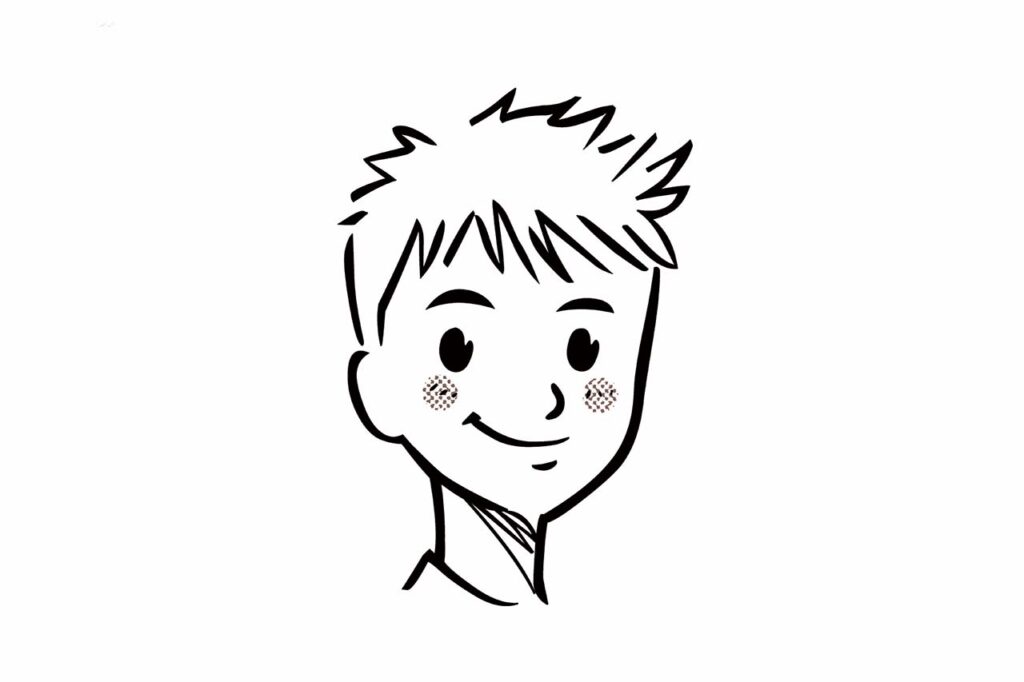[LUM#15] Loan, age 10: When you have sleeping sickness, do you sleep all the time?
That's an excellent question that can't be answered with a simple "yes" or "no" because it depends on the stage of the disease, which requires some explanation.

It is important to know that sleeping sickness, also known as African trypanosomiasis, is caused by a parasite called trypanosome. This is a type of microscopic worm transmitted by a well-known insect: the tsetse fly or glossina. When the fly bites a human, the parasite takes advantage of this to enter the body. It then lives in our blood, where it can remain for several years, causing fever or headaches but not sleep disorders.
Until, without anyone really knowing when or why (a question that researchers are still trying to answer), the trypanosomes settle in our brains and prevent our sleep from functioning properly. As a result, sufferers no longer sleep at night and sleep during the day. Over time, trypanosomes cause many other problems, and people who are infected can die if they are not treated.
Fortunately, there are treatments available! But in order to treat people, the disease must be detected as early as possible, which is sometimes difficult because the initial symptoms are the same as for many other diseases and because trypanosomiasis often occurs in areas of Africa where there are few doctors.
Another method of control involves reducing the number of tsetse flies to limit bites and the risk of transmitting the parasite to humans. Researchers have developed traps made of black and blue fabric because these colors attract the flies. They are coated with insecticide and placed around villages to protect residents.
Researchers applied these methods in Côte d'Ivoire, an African country that has been particularly affected by human African trypanosomiasis. It was a great success, as it led to the virtual elimination of the disease: between 2015 and 2019, only nine cases were recorded in the country.
It's a victory, but researchers must not rest on their laurels, otherwise sleeping sickness could reawaken. Fortunately, scientists are putting surveillance measures in place to eradicate this scourge once and for all, so that people can finally sleep in peace!
Vincent Jamonneau, parasitologist at the Host-Vector-Parasite Interactions in Trypanosomatidae Infections Laboratory – Intertryp – (IRD, CIRAD)
Also listen to the episode of A l’UM la science Vers la fin de la maladie du sommeil ? (Towards the end of sleeping sickness?) with Vincent Jamonneau.
An article in partnership with The Conversation website.
Find UM podcasts now available on your favorite platform (Spotify, Deezer, Apple Podcasts, Amazon Music, etc.).